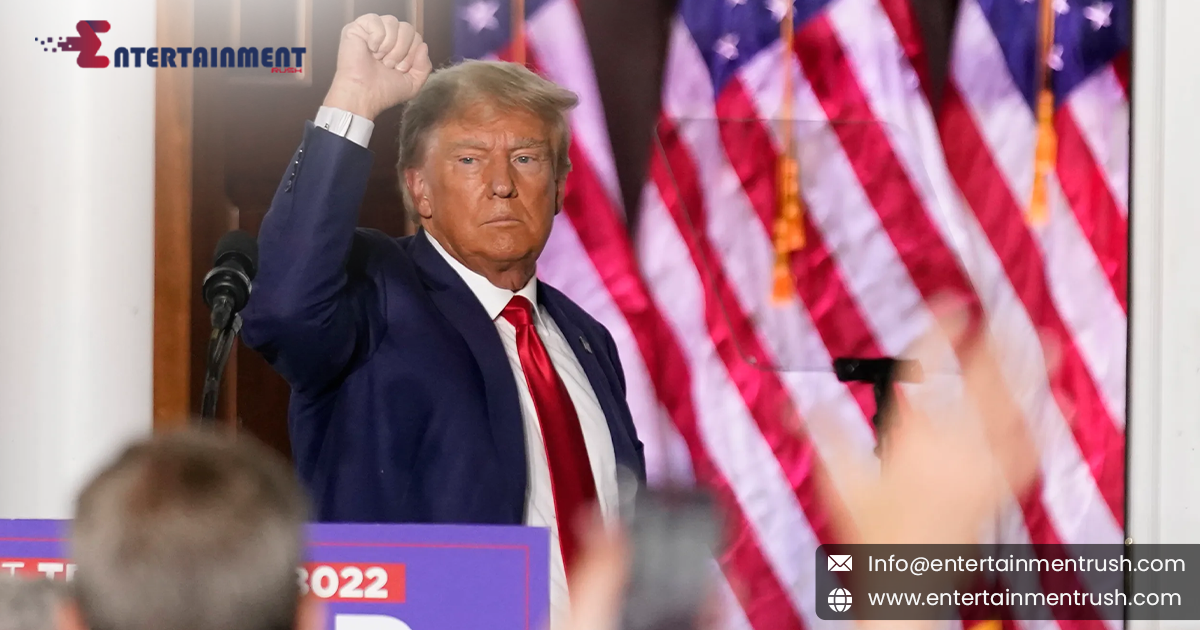A brief glance at American history underscores the significant role of God and religion in shaping our political landscape. From the Revolutionary War to the drafting of our foundational national documents, religious principles have been boldly woven into the fabric of our nation’s identity. These foundational moments highlight the enduring influence of faith on the development of American governance, serving as a testament to the deep-rooted connection between religion and politics.
Debunking Misconceptions: The Myth of Separation
Contrary to popular belief, the phrase “separation of church and state” does not appear in the Constitution. Instead, it emphasizes the prohibition of federal and state governments from endorsing any specific religion or creating a national church. However, the misuse and selective application of these principles often lead to tensions between religious influences and political policy-making. Thus, it becomes imperative to disentangle misconceptions surrounding the separation of church and state and acknowledge the nuanced complexities inherent in this constitutional principle.
Navigating Complexities: Religion in Public Policy
The ongoing debates surrounding contentious issues like abortion and LGBTQ rights highlight the delicate balance between the separation of church and state and the influence of religious beliefs on public policy decisions. As these debates intensify, it becomes increasingly challenging to navigate the intersections of religion and governance, underscoring the need for thoughtful consideration and inclusive dialogue when addressing issues at the intersection of faith and politics.
The Pivotal Role of Religious Leaders: Church and Elections
One of the most apparent intersections of religion and politics occurs during elections, where candidates tailor their messages to appeal to specific religious demographics. Religious institutions, particularly Black churches, wield significant influence in shaping electoral outcomes, underscoring the blurred boundaries between church and state in American politics. This pivotal role of religious leaders underscores the complex dynamics at play when faith intersects with the electoral process, shaping political narratives and mobilizing voter constituencies.
Embracing Reality: The Inextricable Connection
Despite claims of separation, the intertwined relationship between religion, church, and state permeates American society at every level. From patriotic songs to currency inscriptions, the presence of religious symbolism underscores the foundational role of faith in American identity. This inextricable connection challenges notions of strict separation and calls for a nuanced understanding of the enduring influence of religion on the fabric of American culture and governance.
Rediscovering Moral Compass: Reviving Civic Virtue
Amidst growing societal divisions and declining civility, revisiting moral principles rooted in religious teachings may offer a path towards restoring a sense of decency and compassion in public discourse. By embracing the ethical imperatives espoused by various faith traditions, individuals and communities can cultivate a shared commitment to civic virtue, fostering a culture of empathy and mutual respect in a diverse and pluralistic society.
Charting a Path Forward: Embracing Connection for Progress
Rather than selectively invoking separation, embracing the connection between church and state can foster a stronger sense of national identity and shared values. Religious principles, such as the universal concept of treating others with respect and compassion, offer a potential framework for addressing societal challenges and promoting social justice. By recognizing the integral role of faith in shaping American identity, policymakers and citizens alike can work towards a more inclusive and compassionate society that upholds the values of equality, dignity, and justice for all.
Embracing Unity in Diversity
In a nation founded on principles of religious freedom and diversity, acknowledging the integral role of faith in shaping American identity is essential. By embracing the connection between church and state, we can strive towards a more inclusive and compassionate society that upholds the values of equality, dignity, and justice for all. Through respectful dialogue and a commitment to shared values, Americans can forge a path forward that celebrates our diversity while embracing our common humanity.




Leave feedback about this